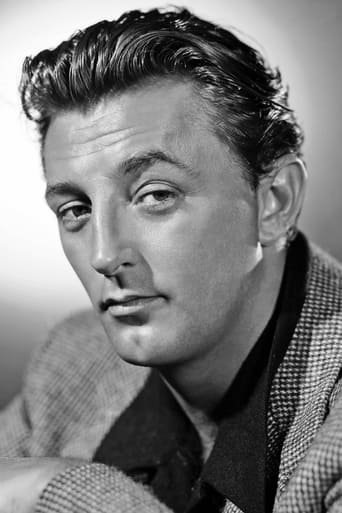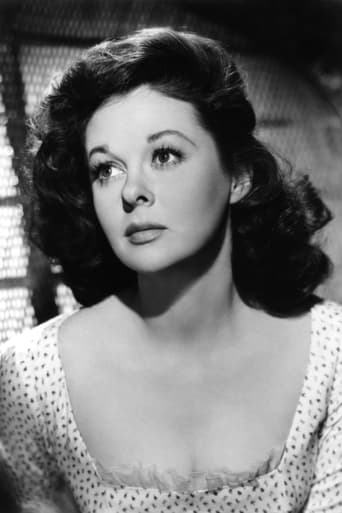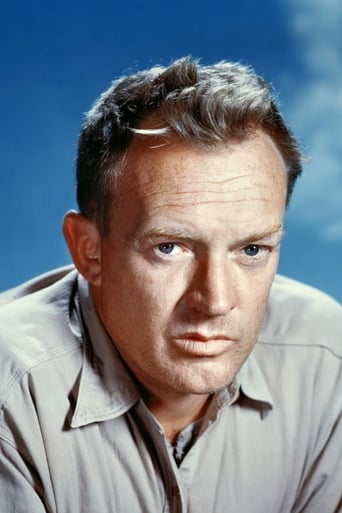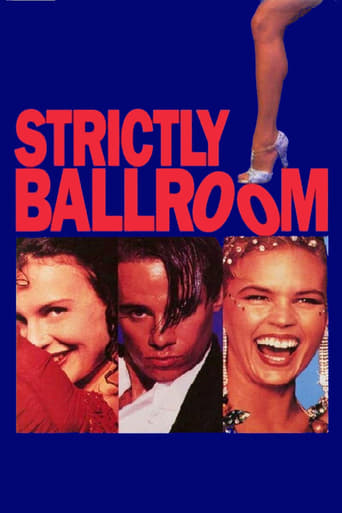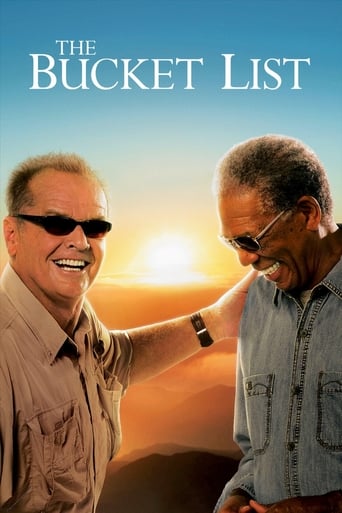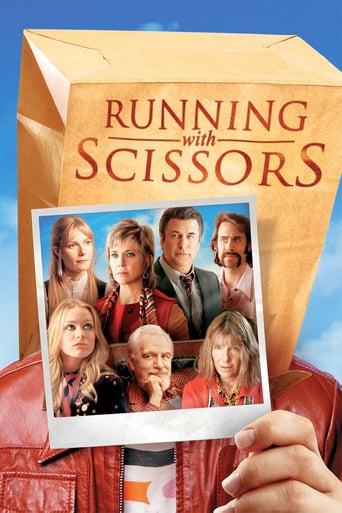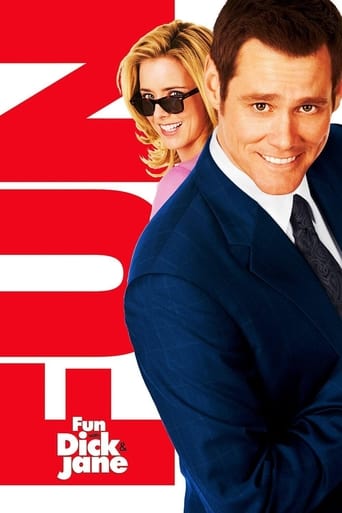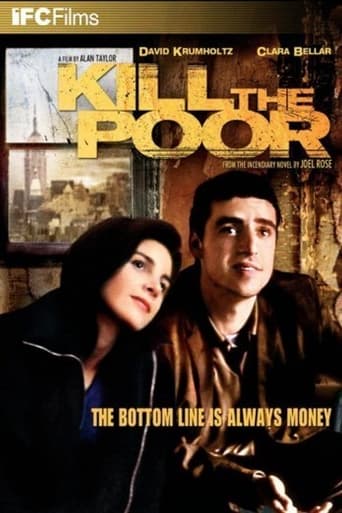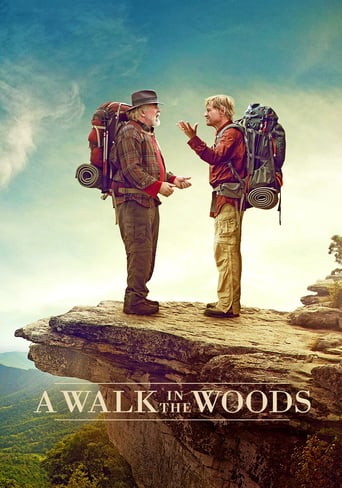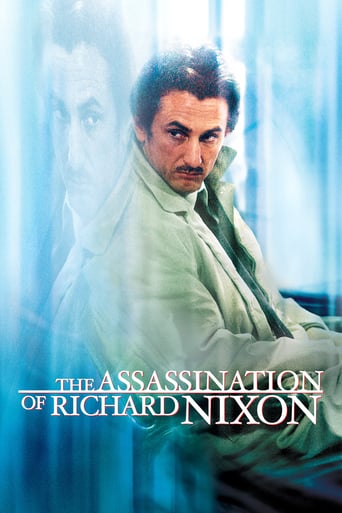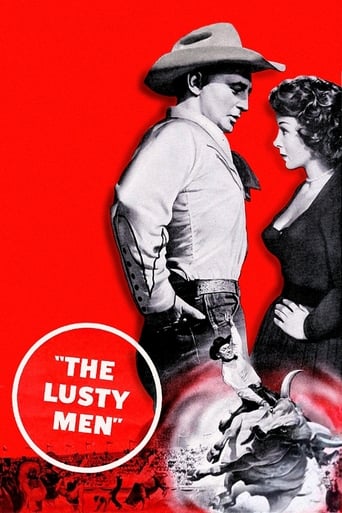
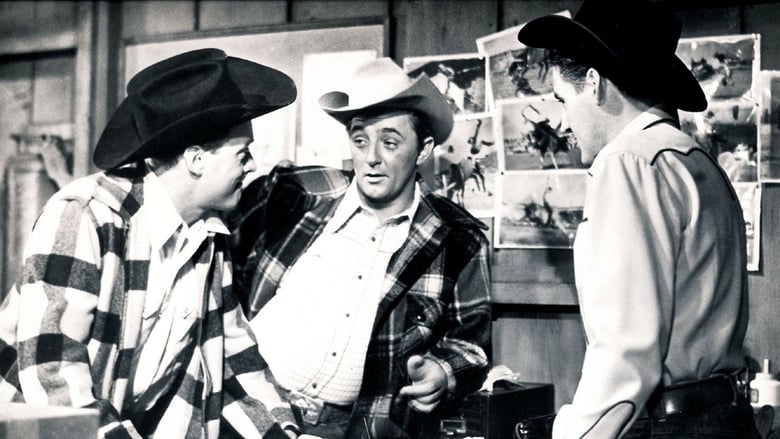
The Lusty Men (1952)
Retired rodeo champion Jeff McCloud agrees to mentor novice rodeo contestant Wes Merritt against the wishes of Merritt's wife who fears the dangers of this rough sport.
Watch Trailer
Cast
Similar titles
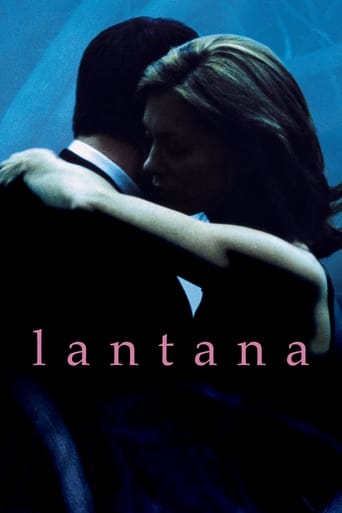
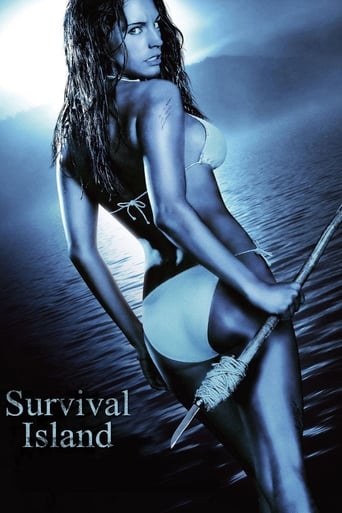

Reviews
Save your money for something good and enjoyable
Memorable, crazy movie
The film creates a perfect balance between action and depth of basic needs, in the midst of an infertile atmosphere.
The first must-see film of the year.
Perhaps Hollywood realized their egregious error in not casting Susan Hayward and Robert Mitchum in A Streetcar Named Desire the previous year, or perhaps the film just fit into both stars' contracts, but the two strong, sexy stars finally lit up the screen together in 1952's The Lusty Men. Bob plays a rodeo star who returns to his old hometown after being injured in the ring. He meets Suzy, but unfortunately for the audience, the sparks don't immediately fly. She's married to Arthur Kennedy and fears Bob to be a bad influence on her steady hubby. Sure enough, Bob starts training Arthur on the art of the rodeo and they start planning their path to the big time.If you're looking for a steamy romance with two of Hollywood's hottest stars, this isn't it. First and foremost, it's a rodeo movie. Using real footage and incredible stuntmen, it's pretty entertaining for those who are interested in that sport. I'm not, so even though Suzy's one of my favorite actresses and Bob is as hunky as a man can be, this isn't my favorite movie. Arthur Kennedy is cute in his own way, but up against Robert Mitchum there's no contest. So why put him in a role where he's clearly not the love interest, when everyone in the audience wants to see him make Susan Hayward swoon? I don't know. Rumor has it the pair hated each other off screen, and he would eat garlic before their intense close ups; that bit of trivia doesn't help the lack of romance in the movie.
This film begins with an ex-rodeo champion (Robert Mitchum) wandering around the property where he grew up--and hasn't seen in two decades. He meets up with the current owner (Burt Mustin--everybody's favorite old man) and they chat a bit--until a cowhand and his wife (Arthur Kennedy and Susan Hayward) come to Mustin's home. It seems they'd love to buy it but have little, if any, money.When Kennedy recognizes Mitchum as a rodeo star, he gets a bright idea--he can get Mitchum to train him so he can take up rodeo. That way, he reasons, he and his wife can buy the property much sooner. The problem is, Kennedy's wife hates the idea of Kennedy breaking his neck this way! Yet, despite her misgivings, he pushes ahead. Surprisingly, he is a success--and every step of the way, she is miserable as she knows it's only a matter of time until he's hurt. Throughout the film, he promises to quit...but the longer it takes, the less likely it is that he'll ever stop...until it's too late.As for the stars, they are all very good. Hayward is emotional but good (and plays a great dame), Mitchum is his easy-going self and Kennedy surprisingly macho--something you don't see very often. The script is dandy and entertaining as well--especially as you see Kennedy becoming more and more of a butt-head. I also appreciated how the rodeo footage wasn't the usual grainy footage--and they did a pretty good job of making you think it was the actors actually doing these crazy stunts. I also liked the ending--it was downbeat but worked very well.By the way, there are two bit parts to look for in the movie (aside from Mustin's). The foreman of the ranch near the beginning is Glenn Strange. While you probably won't recognize his craggy face, he's the last guy to play Universal's Frankenstein monster---having last appeared in this capacity in 1948's "Abbott & Costello Meet Frankenstein". Also, a few times throughout the film, it's Jimmy Dodd (of "The Mickey Mouse Club") playing one of the rodeo contestants. At a party later in the film he's playing a guitar. If you'd just given him some mouse ears, he would have looked more familiar.
The movie's a real sleeper. Rodeos were never a popular theme for Hollywood, outside of Saturday matinées. Maybe that's why the studio came up with a misleading title that cheapens expectations. The movie certainly doesn't glamorize rodeo-ing. In fact, it's a pretty scathing look at both the inside and the outside. Jeff's (Mitchum) character is brilliantly conveyed early on as he drifts across the empty field along with other wind-blown discards. He's going back to his roots now that he's quit the circuit, with no other place to go. So he hooks up with ambitious Wes (Kennedy) and his no-nonsense wife Louise (Hayward). For half of Wes's winnings, veteran rodeo-er Jeff can guide the talented newcomer as he joins the circuit. The trouble is Jeff is attracted to the loyal Louise even as Wes begins to live the fast life on his big winnings. Louise, however, only wants what she's always wanteda little spread of her and Wes's own where they can make a home. But Wes is forgetting those plans as he succumbs to the hard-partying of the rootless circuit. So, what will Louise do and just as importantly what will the love-lorn Jeff do now that the marrieds are growing apart.The partying scenes are particularly well done, conveying just the right touches of cheap booze, loose women, and tall tales. Note that telling camera angle of the grizzled Booker (Hunnicutt) as he gazes up a shapely leg from floor levelone shot can speak the proverbial volumes. Note too, the subtle way the script implies that trick-rider Rosemary has been sleepingaround, apparently an approved practice in these circles, contrary to the mores of the time (1952). Also, the shower scene when Al (Faylen) walks in is a neat bit of implied humor that depends on audience savvy for its chuckles. It's quite an intelligent screenplay, except for maybe the abrupt, but oddly satisfying, last scene. Cult director Ray oversees with his usual artistic sensibility, though it looks like he was still suffering intermittent illness since an uncredited Robert Parrish gets a credited appearance from IMDb. And, of course, Mitchum is Mitchum, so low-key here it's hard to read his feelings at any point. No, in my little book, it's Susan Hayward's movie. By golly, she's escaped that dead-end tamale shop and nothing's going to stop her little dream. The guys may be physically tougher, but none can match her inner strength, and Hayward brings it all off in thoroughly convincing fashion. I can't conceive that the movie made money, as downbeat as it is. And I wonder what audiences lured in by the lurid title thought once they saw rodeo. Nonetheless, the film remains an outstanding example of movie-making in a minor key.
After viewing this film, it is truly a great 1950's classic with outstanding acting by the entire cast; and a great story with a realistic view of what the Rodeo life really is and the pain and suffering that is experienced by men and woman. Robert Mitchum(Jeff McCloud),"Farewell',My Lovely",'75, played a real calm cool veteran star of the Cowboy game shows and was very successful, but was beginning to show wear and tear. Arthur Kennedy, (Wes Merritt),"Peyton Place",'57, was originally a ranch hand trying to buy his dream house for his wife Louise Merritt,(Susan Hayward),"With A Song in My Heart",'52, and loved her husband very much. However, when Wes Merritt got together with Jeff McCloud, all hell broke loose and Louise did everything she could to hog tie her husband down from very hot women, wild horses, and bulls with angry tempers. Great film, don't miss it, it will be around for many generations to enjoy.
